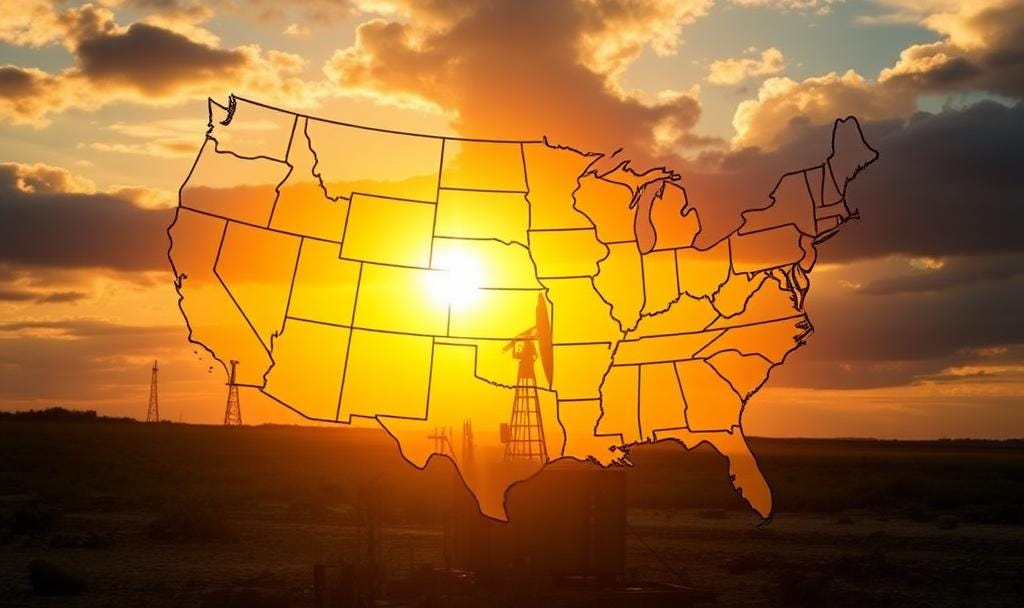Subtitle A of the bill focuses on expanding onshore and offshore oil and gas leasing to boost domestic energy production. It repeals specific provisions of the Inflation Reduction Act related to onshore oil and gas royalty rates and noncompetitive leasing, restoring prior legal frameworks. The Secretary of the Interior is mandated to resume quarterly onshore lease sales immediately, ensuring compliance with the Mineral Leasing Act and the National Environmental Policy Act. At least four lease sales per fiscal year are required in nine states—Wyoming, New Mexico, Colorado, Utah, Montana, North Dakota, Oklahoma, Nevada, and Alaska—with a minimum of 50% of nominated parcels offered. Replacement sales must occur if a sale is canceled or if significant acreage remains unbid.
The Mineral Leasing Act is amended to streamline leasing processes, define eligible lands, and set a four-year term for drilling permits. Additionally, the bill approves commingling of production from multiple sources to enhance efficiency. For offshore leasing, the bill mandates 30 region-wide lease sales in the Gulf of America region by 2040, with specific timing requirements, and six lease sales in Alaska’s Cook Inlet Planning Area from 2026 to 2032. These sales must offer substantial acreage, with royalty rates set between 12.5% and 16.67%. Alaska receives significant revenue shares from these leases starting in 2034. The bill also repeals a royalty provision on extracted methane and enhances Alaska’s Coastal Plain and National Petroleum Reserve leasing programs, requiring multiple lease sales over the next decade with increased state revenue shares.
Subtitle B addresses coal leasing, requiring the Secretary of the Interior to process qualified coal lease applications within 90 days, including environmental reviews and lease sales. The coal royalty rate is capped at 7% until 2034, applicable to existing and new leases, with credits for prior advance royalties. The bill mandates leasing 4,000,000 acres of known recoverable coal resources on federal lands, excluding protected areas, and authorizes mining of federal coal adjacent to state or private reserves to improve economic viability, subject to NEPA review. This legislation aims to accelerate energy development, reduce regulatory barriers, and increase state and federal revenues while maintaining environmental review processes.




